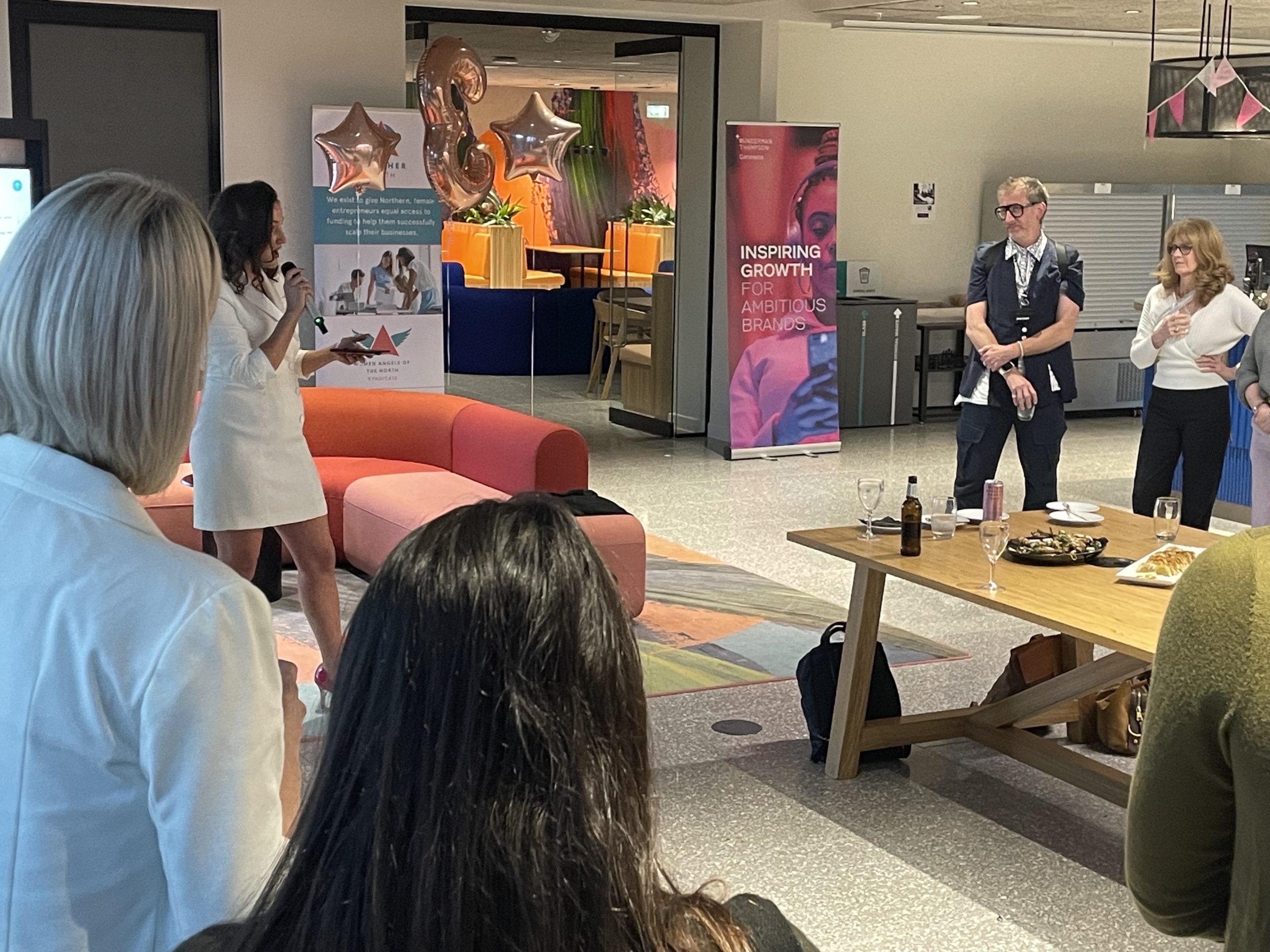Are cognitive biases killing innovation?
What do water coolers, waterproof laptops and the ‘big idea’ have in common?
Biases! Ideas born from the likes of anchoring, triviality and availability cascades.
In the 2nd part of this blog post, we’ve got 3 more for you. (If you haven’t read Part 1 yet, go and read it now!)
The one where if it’s said enough times, it becomes tru
AKA The Availability Cascade
Jerry came up with the waterproof laptop idea and as we agreed, there’s lots of ‘credible’ points to back this new innovation up. It’s important to note that he was the first one to offer his idea.
Everybody likes that idea – well done Jerry.
It’s basically indestructible – good point Allison. So that’s a tick for a practical, long-lasting product.
You can take it literally anywhere – which appeals to our globetrotting customers. Nice idea, Dave, that makes it perfectly on target for our ideal customers.
And, it’s not been done before. Very true Jasmine – so it’s potentially a very profitable and original product.
Meeting adjourned. A waterproof laptop is our next project… And yet, you’re still concerned that Jerry’s idea isn’t actually all that great in the first place. The waterproof laptop won’t really solve any problems – it’ll probably be creating more, and that’s not really the point of innovating, is it?
So, what’s gone wrong?
The ‘big idea’ gains traction by repetition, becoming plausible by your group’s collective belief.
The one where all evidence confirms your idea is absolutely ground-breaking
AKA Confirmation Bias
We start our proper research into waterproof laptops. We need to know it’s a plausible and profitable idea.
· Our market research suggests that this kind of tech, with its USP, would make millions – it’s profitable.
· There’s a clear gap in the market for it – it’s feasible.
· Lots of people like to watch TV in the bath – it’s needed.
· It reduces laptop-bath-related-accidents by 70% – it’s plausible.
But we’ve ignored all the other research which tells us: DON’T DO THIS!
Those other pieces of evidence don’t fit into the narrative we’ve been telling ourselves, so we just turn a blind eye. We’re heading straight for the opposite effect of innovation: a useless, unprofitable and unwanted piece of tech… Whoops.
In the final instalment of our dive into cognitive bias, we arrive at:
The one where you go along with it anyway
AKA The Backfire Effect
The boss loves our laptop idea – especially because we offered great ‘evidence’ to support it.
However, other people are realising that it’s not really the answer to making the business carbon zero, so we present a case against it.
Alas, the boss likes the waterproof laptop, so there’s no pivoting or re-assessing the idea. Instead, he doubles down and injects more time, money and effort into it – ‘it will work!’ (if we throw enough money at it).
You realise this is completely out of hand… but the next thing you know, prototypes are being made. And now the boss only has ears for Jerry and his novel ideas.
Why should the rest of you bother anymore? Boss and co. worship Jerry and they’re blind to the truth: we’re not actually solving any real problems.
It’s a superficial solution. A passion project dressed up in a corporate suit.
That doesn’t matter – no one is going to listen to you anyway.
Are you sure about that?
Maybe it’s just your own biases coming into play.
Now we’ve come full circle. Everyone has biases but there are ways to mitigate their effects. We need to address these problems to make way for truly innovative solutions.
And no, I’m talking about waterproof laptops!
Which begs the question: what can we actually do about it?
Read part three in our series, The Death of Ideas 3







